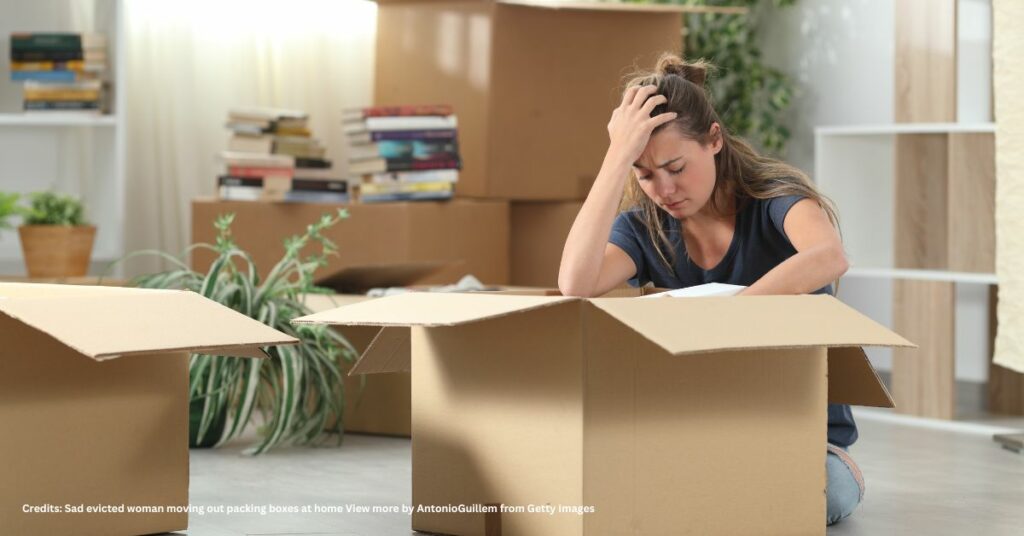Sydney Women’s Fund’s most recent survey Portrait V: Women of Greater Sydney paints a vivid and concerning picture of the vulnerability experienced by a significant number of Sydney women.
The research is commissioned and co-designed by Sydney Community Foundation’s key impact fund, Sydney Women’s Fund, and conducted by leading Australian social researchers Dr Rebecca Huntley and Kate Whelan every three years.
It takes the pulse of women living in Greater Sydney, highlighting the challenges they face.
“I think I’m probably one significant life event away from moving into a car […] like a job loss or a significant medical event that means I can’t work,” said Peta, 38, Portrait V participant.
More than half of women surveyed described their financial situation as ‘getting by, struggling, or poor’.
Alarmingly, 53% are uncertain or do not believe they will have enough to live comfortably when they retire. Nearly half of married or partnered women said they would be at risk financially if their relationship ended.
Sydney is becoming particularly unaffordable for single and young women. Six in 10 women expressed concerns about housing affordability.
The NSW Productivity Commission also recently warned that Sydney could become ‘a city with no grandchildren’, as young people leave for a more affordable lifestyle, with grandparents following to be close to them.
More than a quarter (27%) of women in Sydney said climate change has impacted their decision to have children or continue adding to their families. This increases to 49% for women under 36.
Related: Cost of living crisis bites with struggling Aussies skipping more meals to survive
The Portrait V research highlights Sydney women’s concerns about the cost-of-living crisis, housing insecurity, climate change, discrimination and their struggles to balance work and domestic life, highlighted Lisa Grinham, Head of Sydney Women’s Fund.
“While many of the insights from the previous Portrait research studies have been confirmed, there have been some shifts too. For example, 42% of women are also now in housing stress, an increase of 6% since 2021,” said Grinham.












